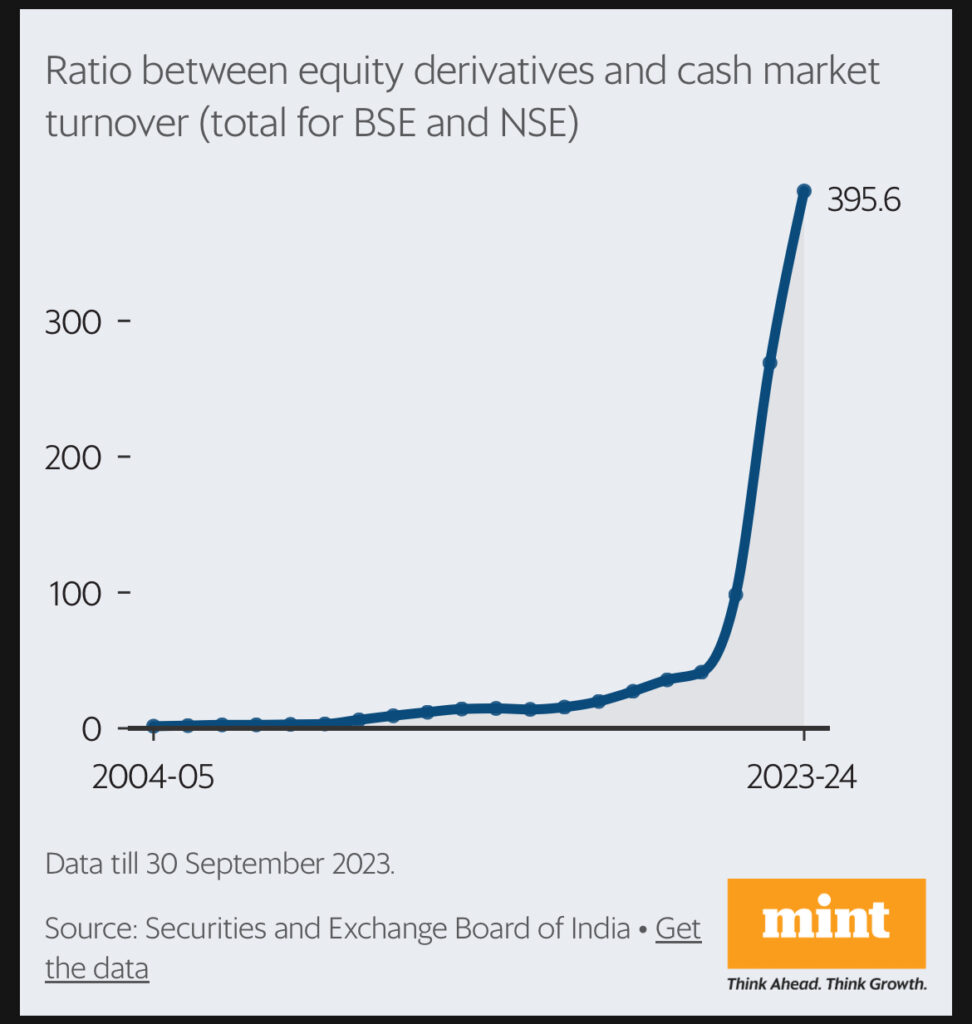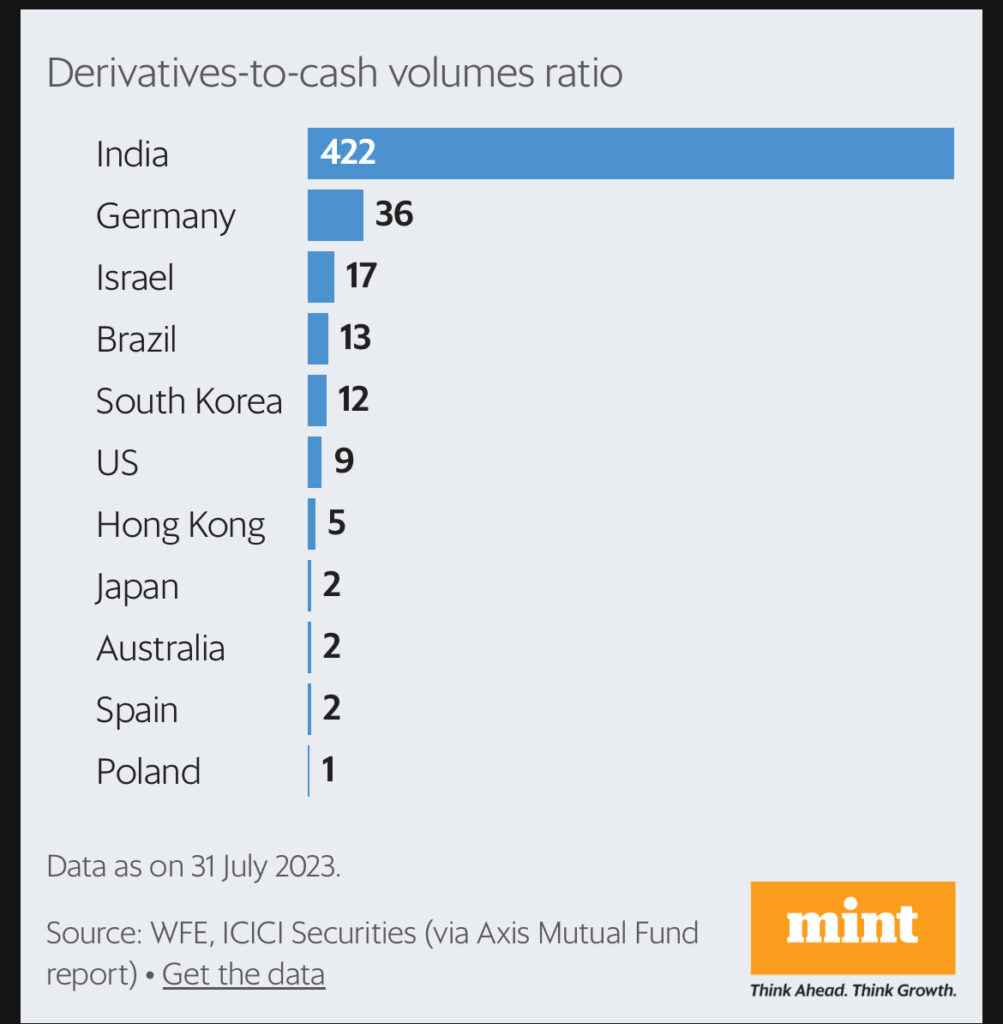Last week Nishant, a 42 years old cardiologist, came down to my office seeking advice on his Investment Portfolio. Actually, he was a regular reader of Good Moneying Blogs, and after reading this article, he wanted to simplify his investment portfolio and reduce the number of products in it.
He was having all sorts of products with him. Starting from Simple plain vanilla Large cap Mutual funds to ETFs, PMS, Structured equity products, Long Short AIF, Direct Stocks (through Small Case)…even PPF, Sukanya, Corporate FDs, and Directly Bought Government securities. He also had some bitcoins. (Read more: All you wanted to know about PPF (Public Provident Fund)
Earlier I was under the impression that such kind of portfolios and haphazard investments are normally done by young Finance and IT Professionals, but nowadays even doctors are not immune to such actions, to end up in a complicated directionless portfolio.
I asked the reason for this big list, to which he replied, some for tax saving, some for high return and some sounded exciting.
“Exciting”? Can you please elaborate?
He explained
- When PMS or AIF managers say that they work with some specific in house strategy, and they will look at many parameters like PE, PB, ROE, ROCE etc. it sounds that they are doing something different and can generate high returns, or atleast protect the losses.
- When you get to know that you can save distribution cost by investing directly through platforms then Why Not.
- When a Mutual fund comes up with a “different” product like “Momentum”, “Top 50”, “Quality” etc. that sounds exciting.
I Interrupted him. All Right, Got your Point. It’s not only you. Many investors suffer from this behavior bias. It’s normal. It’s Human. But it’s not healthy for personal finance management. This is known as Complexity Bias. (Read more : Work on your Investment Behaviour)
Let me explain
In the realm of personal finance, keeping things simple is usually the best way to go. But surprisingly, a lot of people get caught up in something called “complexity bias.” This means they tend to prefer complicated solutions instead of straightforward ones. Unfortunately, this can cause a bunch of problems with your finances and make you miss out on good opportunities.
Let me elaborate:
Understanding Complexity Bias
Complexity bias is rooted in the belief that more complex solutions are inherently superior to simpler ones. This bias can manifest in various aspects of personal finance, from investment portfolios to Goal based Planning.
Investors often exhibit complexity bias when they insist on adding more products, strategies, or layers of complexity to their financial plans, believing that this will somehow yield better results.
Like After mutual funds we feel that PMS or AIFs can help generate high returns, or in falling markets they are better equipped with strategies to protect or average out the markets. (Read More: PMS Investment| How PMS is different from Mutual Funds: A Complete Guide)
This complexity bias lets us open the Demat account and trade in shares even when we have no experience or education on stock market investments.
The platforms you invest through try to make it sound simple for you but only by giving all the product or scrip details, or by showing the past performance. Sometimes they add some ”expert views” in it, but all this data further adds to the complexity which excites you more to take action, or complicates your portfolio more.
Your preference for complexity is not limited to Shares. After sometime you start finding the derivatives market more exciting. And prefer taking positions in F&O segment, with a view that you can make profit in multiples by hedging your losses.


One indication of this is the increasing number of Demat accounts being opened every year. As of March 2024, the total number of Demat accounts stood at 15.10 crore. Additionally, the trading volume of derivatives in India surpassed that of the cash market by a significant margin.
Investors’ rising interest in Cryptocurrencies when they don’t know how PPF operates is another example of this. ULIPs , Endowment plans are popular as compared to term plans because of this complexity bias only. Yes, Greed and Herd mentality also plays its role along with. (Also Read : Cryptocurrency – Is it worth riding the wave?)
If you know that you cannot handle complexity, you prefer having an advisor or product seller (distributor), oly to be guided on buying complicated products, under the impression that complicated is always better.
However, the reality is quite different. Complexity does not necessarily equate to effectiveness, and in many cases, it can lead to confusion, inefficiency, and increased risk. Moreover, complex financial structures often come with higher fees and administrative burdens, further eroding potential returns.

Complexity Bias Pitfalls:
Complexity bias can have several negative effects on personal finances:
- Confusion: Complex financial strategies or products can be difficult to understand, leading to confusion among investors. This lack of clarity may result in poor decision-making and missed opportunities.
- Inefficiency: Managing complex financial structures often requires more time, effort, and resources. This inefficiency can lead to suboptimal allocation of resources and lower overall returns on investment.
- Increased Risk: Complexity can introduce additional risks into the financial equation. Complicated products or strategies may be more prone to unforeseen market fluctuations or regulatory changes, increasing the potential for loss.
- Higher Costs: Many complex financial products come with higher fees and expenses, including management fees, administrative costs, and trading commissions. These additional costs can eat into investment returns and diminish long-term growth.
- Overconfidence: Complexity bias may lead investors to overestimate their ability to navigate complex financial markets or products. This overconfidence can result in excessive risk-taking and ultimately, financial losses.
- Limited Transparency: Complex financial structures often lack transparency, making it difficult for investors to fully understand the underlying risks and potential returns. This lack of transparency can erode trust and confidence in the financial system.
Overall, complexity bias can undermine the effectiveness of personal financial planning, leading to suboptimal outcomes and diminished wealth accumulation over time. It’s important for investors to recognize the pitfalls of complexity bias and strive for simplicity and transparency in their financial decision-making.
Simplifying Your Financial Journey
So, how can you guard against complexity bias and simplify your financial journey? Here are some practical tips to consider:
1. Focus on the Fundamentals
Rather than chasing the latest investment fads or complex financial products, focus on the timeless principles of diversification, asset allocation, and long-term growth. A well-diversified portfolio of low-cost index funds or simple diversified funds, can often outperform more complex strategies over time. Read more: Index funds in India – How attractive is Passive Investing?
2. Streamline Your Investments
Consolidate your investment accounts and streamline your portfolio to eliminate redundancy and overlap. By reducing the number of holdings, you can simplify your investment management and gain better visibility into your overall financial picture.
3. Embrace Automation
Take advantage of technology to automate your savings, investments, and bill payments. Setting up automatic contributions to your investment accounts can help you stay disciplined and avoid the temptation to tinker with your investments unnecessarily.
4. Seek Professional Guidance
Work with a trusted financial advisor who can help you navigate the complexities of personal finance and develop a tailored plan that aligns with your goals and risk tolerance. A good advisor will prioritize simplicity and transparency in crafting your financial strategy. Read More: Financial Advisor in India – The Best for your Financial Planning?
5. Educate Yourself
Take the time to educate yourself about basic financial concepts and investment principles. By empowering yourself with knowledge, you’ll be better equipped to make informed decisions and resist the lure of complexity bias.







 Manikaran Singal is the founder and Chief financial planner at Good Moneying Financial Solutions. He is a CERTIFIED FINANCIAL PLANNER CM and SEBI registered Investment adviser (Regd no. INA 100001620). He’s having 20+ years of experience in financial services space.
Manikaran Singal is the founder and Chief financial planner at Good Moneying Financial Solutions. He is a CERTIFIED FINANCIAL PLANNER CM and SEBI registered Investment adviser (Regd no. INA 100001620). He’s having 20+ years of experience in financial services space.

